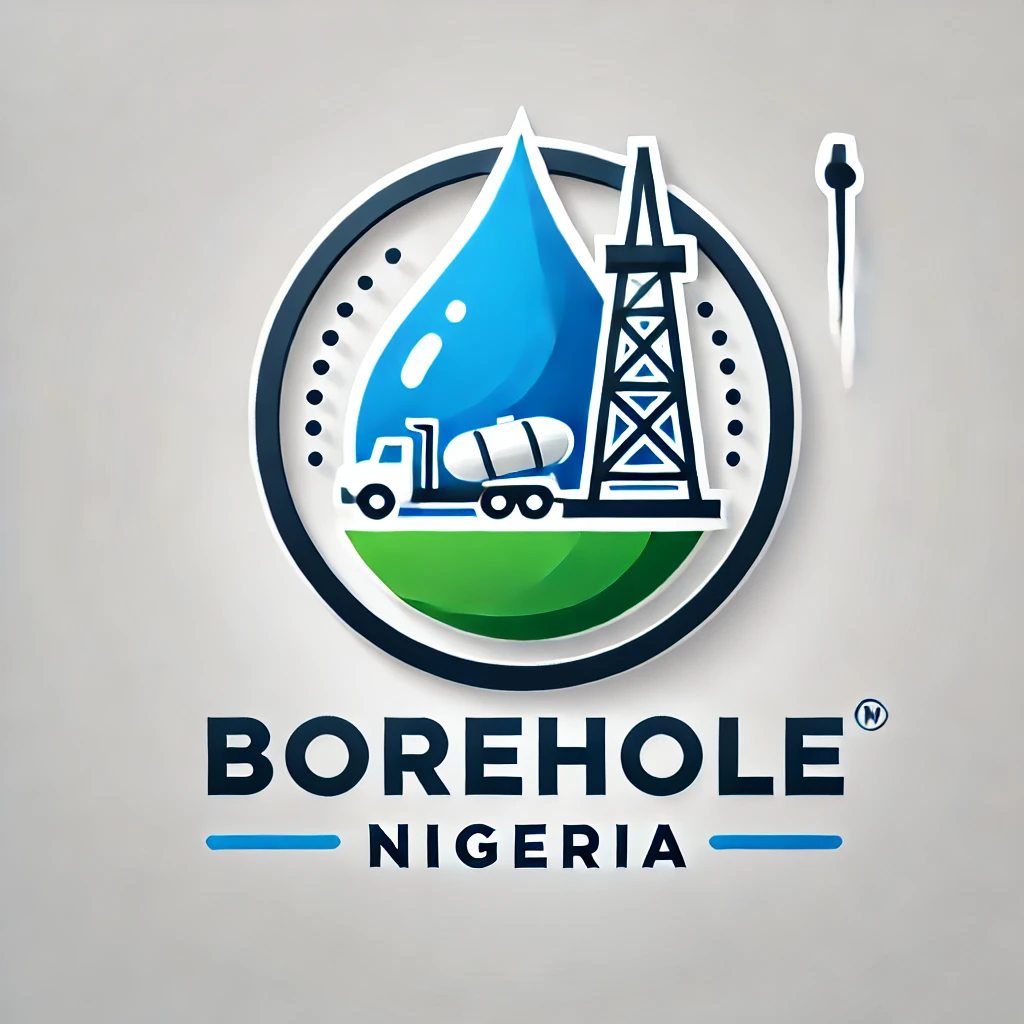Drilling a borehole in Ghana can be a vital solution for accessing clean and reliable water, especially in areas where the public water supply is inadequate or non-existent. However, the cost of drilling a borehole can vary based on several factors such as location, depth, geological conditions, and the company providing the service. Let’s explore the various elements that influence the cost of drilling a borehole in Ghana and provide an estimated price range to guide you.
1. Understanding the Cost Components of Borehole Drilling in Ghana
To fully understand the cost of drilling a borehole in Ghana, it’s important to consider the different components involved in the process:
- Site Survey and Hydrogeological Survey: Before drilling begins, a hydrogeological survey is conducted to identify the best location for drilling. This survey involves experts analyzing the geological conditions to predict the depth and yield of the borehole. The cost for this survey in Ghana typically ranges from GHS 2,000 to GHS 5,000 depending on the location and the extent of the survey required.
- Drilling Costs: The drilling cost is determined by the depth of the borehole, the type of soil or rock formations, and the diameter of the borehole. In Ghana, the cost of drilling can range from GHS 150 to GHS 300 per meter. The depth required to reach a reliable aquifer varies by location, but a typical borehole can range from 40 to 100 meters deep, leading to an estimated cost of GHS 6,000 to GHS 30,000 or more.
- Casing and Installation Costs: After drilling, the borehole is lined with casing to prevent collapse and contamination. The cost of casing materials, such as PVC or steel, can significantly impact the overall price. The cost of casing, gravel packing, and installation can range from GHS 5,000 to GHS 10,000, depending on the depth and diameter of the borehole.
- Pumping System Installation: Once the borehole is drilled and cased, a pump system is installed to extract the water. The cost of the pumping system varies based on the pump type (submersible, hand pump, or solar-powered) and the depth of the borehole. Prices can range from GHS 3,000 to GHS 15,000 or more.
- Water Quality Testing and Treatment: After the borehole is drilled, it is crucial to test the water for quality and safety. The cost of water testing can range from GHS 500 to GHS 2,000. If water treatment is needed, such as filtration or chlorination, additional costs will apply.
2. Total Estimated Cost of Drilling a Borehole in Ghana
Considering all the components involved, the total cost of drilling a borehole in Ghana typically ranges between GHS 20,000 and GHS 60,000 or more. This price range varies greatly depending on the location, depth, geological conditions, and the type of pump and casing materials used.
3. Factors That Affect Borehole Drilling Costs in Ghana
Several factors can influence the overall cost of drilling a borehole in Ghana:
- Geological Conditions: Hard rock areas require more advanced drilling techniques and equipment, increasing the cost.
- Depth of the Aquifer: Deeper aquifers require more drilling, which increases the cost.
- Location: Remote areas with difficult access may have higher mobilization and demobilization fees.
- Type of Pump System: The choice of a submersible pump, solar pump, or manual pump can significantly affect the price.
- Water Quality Requirements: Areas with high contamination levels may require more expensive water treatment systems.
4. Why Invest in Borehole Drilling in Ghana?
Investing in a borehole provides a reliable and sustainable source of water, especially in areas where public water supply is inconsistent. Some of the key benefits include:
- Long-Term Cost Savings: Once installed, a borehole provides a continuous supply of water, reducing dependence on external water sources and associated costs.
- Improved Water Quality: Properly constructed boreholes offer cleaner water compared to surface water sources, which are more susceptible to contamination.
- Enhanced Property Value: Properties with a reliable water supply tend to have a higher market value, which is beneficial for homeowners and businesses alike.
5. Choosing a Borehole Drilling Company in Ghana
Selecting a reputable borehole drilling company is crucial to ensure quality work and avoid future complications. Here are some tips for choosing the right service provider:
- Experience and Reputation: Look for companies with extensive experience and positive customer reviews. Request references and, if possible, visit previous projects.
- Licenses and Certifications: Ensure the company is licensed and certified to provide borehole drilling services in Ghana.
- Detailed Quotation and Transparency: Request a detailed quotation that includes all costs—survey, drilling, casing, pump installation, and testing—to avoid hidden fees.
- Post-Drilling Services: A good company should provide post-drilling services such as maintenance, repair, and water treatment solutions.
6. Conclusion: Start Your Borehole Drilling Project Today
If you’re considering drilling a borehole in Ghana, understanding the various cost components and factors involved is essential. While the initial investment may seem substantial, the long-term benefits of having a reliable water supply make it worthwhile. Ensure you choose a reputable company with experience, transparent pricing, and comprehensive services to get the best value for your investment.
Ready to start your borehole project? Contact a trusted borehole drilling service provider in Ghana today to get a customized quote and begin your journey to sustainable water access.
